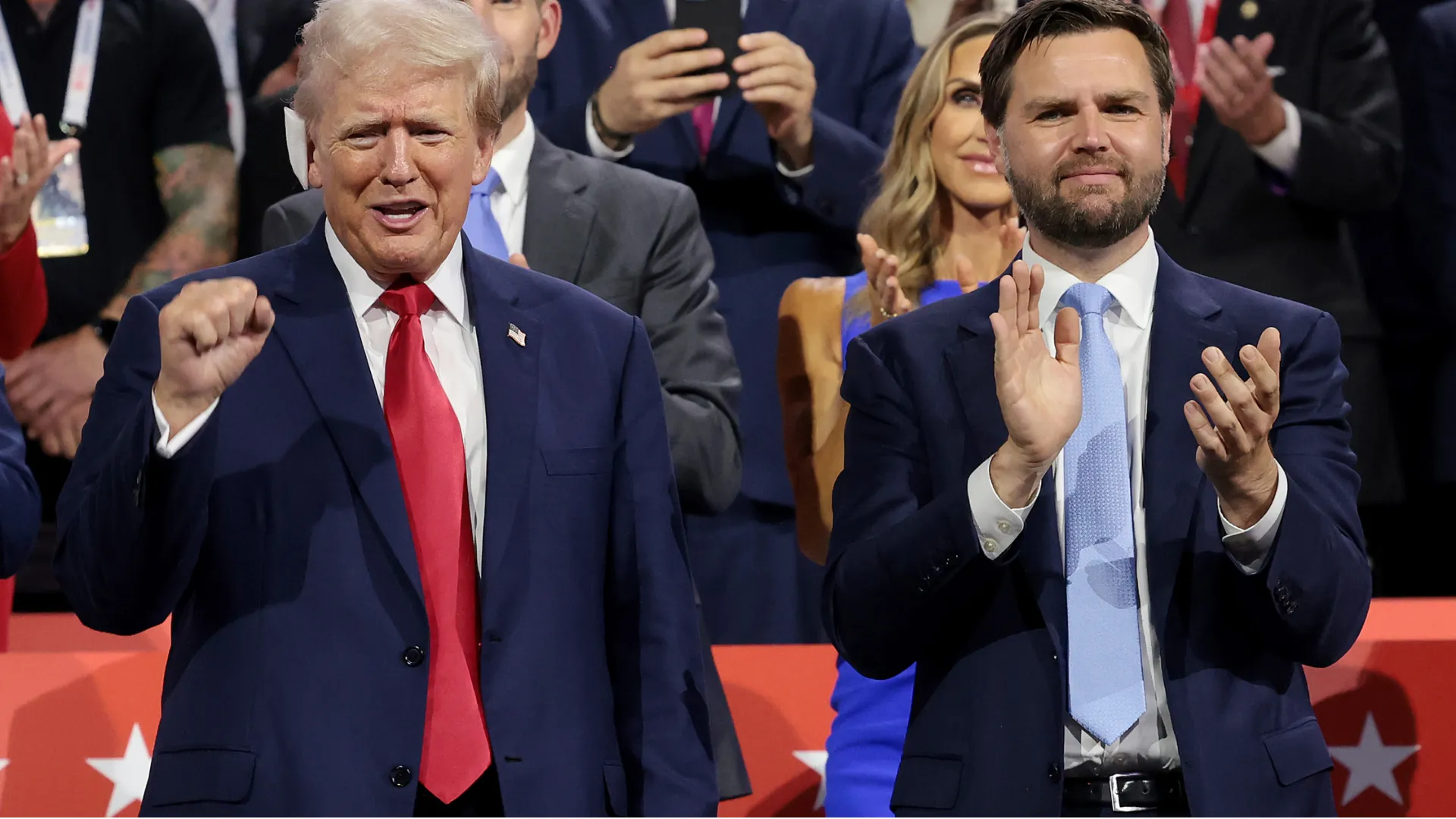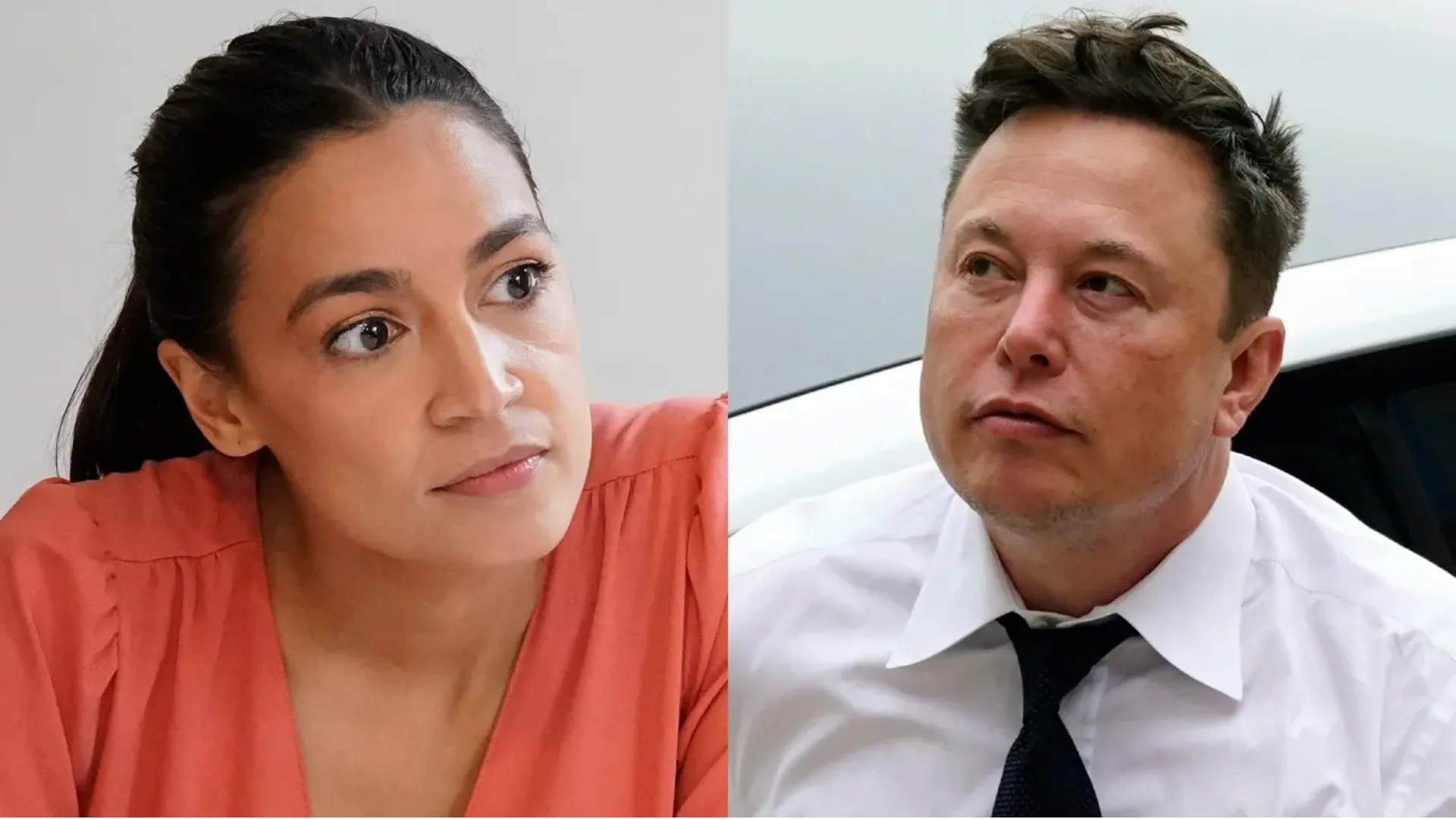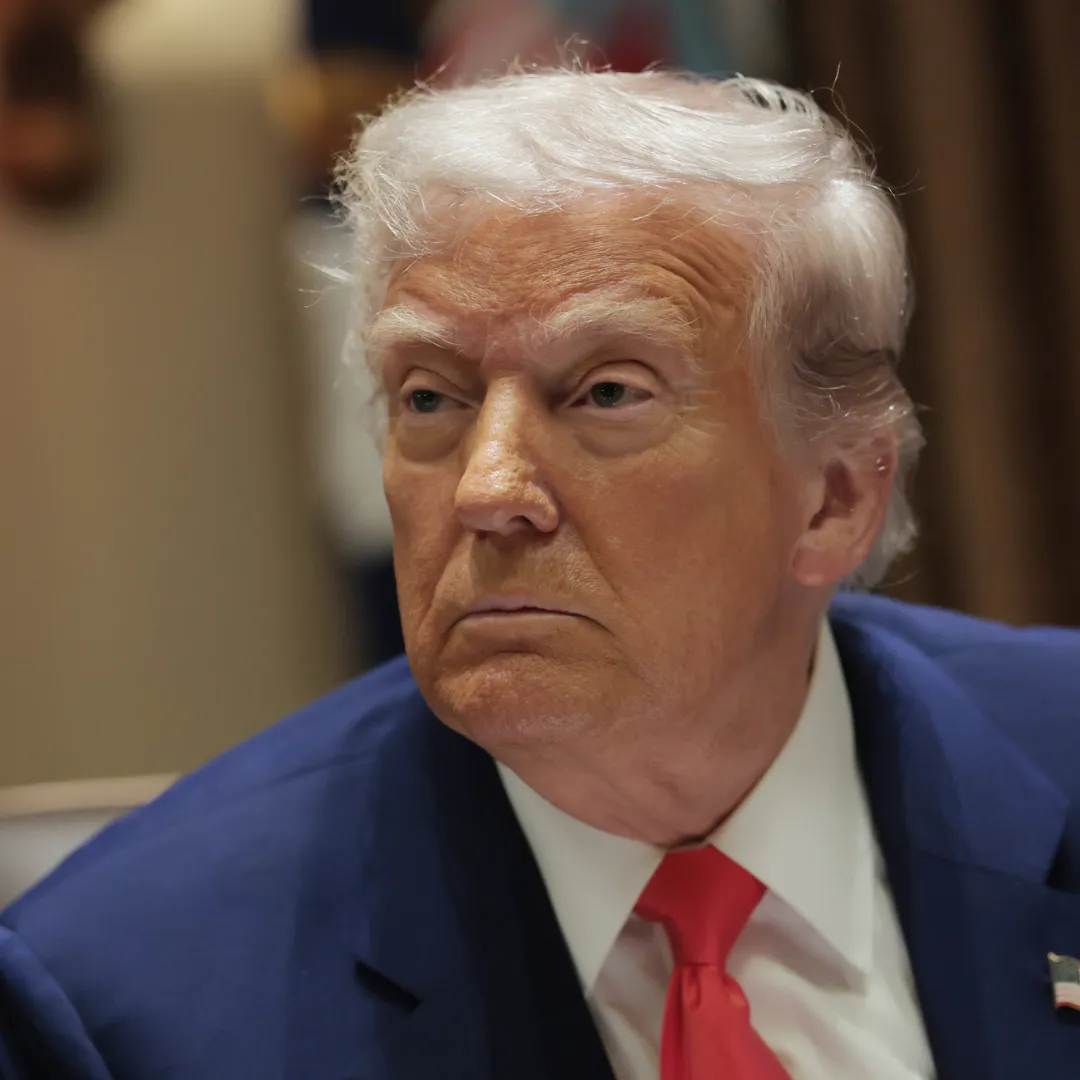
In a recent interview with Time magazine, President-elect Donald Trump revealed his bold vision for the future of the U.S. Department of Education. Trump, who has frequently expressed his desire to eliminate the department, reiterated his commitment to significantly reduce its role in the nation’s education system.
Trump described his plan as a "virtual closure of the Department of Education in Washington." While he acknowledged that some personnel would still be necessary to ensure basic educational standards, such as English and mathematics, he emphasized the need to transfer authority back to the states. “We want to move education back to the states,” Trump stated in the interview, conducted in November.
Currently, every public K-12 school district in the United States receives financial support from the Department of Education. The level of funding varies based on factors like the number of low-income students and students with disabilities in each district. While state and local school boards hold significant authority over education policy, accepting federal funds comes with compliance obligations tied to federal regulations.

One of the key ideas Trump hinted at involves the possibility of shifting federal education funds to states through "block grants." This approach would reduce federal oversight, giving states greater flexibility in how they use the funds. Supporters of this idea argue that it would cut bureaucratic red tape and allow for more localized control of education policy.
The Department of Education’s responsibilities extend beyond K-12 education. It also manages federal student loans and financial aid for college students and oversees an Office of Civil Rights, which investigates allegations of discrimination in educational institutions. Critics of Trump’s proposal argue that scaling back the department’s role could weaken protections for students and reduce access to higher education funding.
Abolishing or significantly downsizing the Department of Education, however, would require an act of Congress. Trump previously proposed merging it with another department during his first term, but such moves face strong opposition from education advocates and lawmakers. If Trump’s latest plan moves forward, it could mark a seismic shift in the way education is governed and funded in the United States, giving states unprecedented control over schools within their borders.



